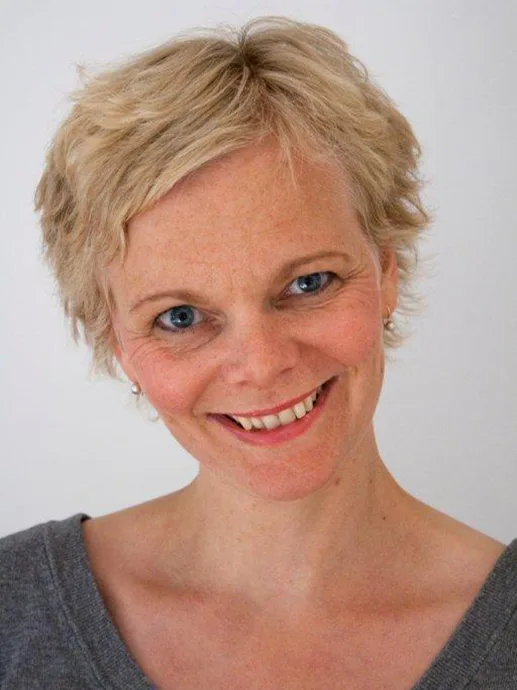Abstract
In Mongolia both preventive and curative therapies are sought from Traditional Mongolian Medicine, home remedies, shamanic healing, biomedicine and in natural entities in the land. The historical trajectories of medicine in Mongolia are complex, characterised by adaptations, adoptions and synergies. The amalgamation of various medical therapies, religion and materia medica among the Mongolian historically speaks to pragmatics and flexibility as well as changing political and societal transformations across the Inner Asian region.
This paper seeks to describe some of the historical trajectories of Mongolian Medicine as well as discuss how Mongolians navigate the plurality of existing therapies today. A range of private clinics and individual therapeutic practitioners – biomedical as well as other ‘traditional’ medical practices – have mushroomed in the capital Ulaanbataar since the demise of the socialist state in 1990 and the subsequent introduction of a market economy. I will argue that contrary to many other countries, these various forms of therapies overlap and are by most not understood as contradictory or mutually exclusive, neither by people themselves, the state nor the practitioners themselves. Whilst many seek out a combination of various therapeutic methods, there is among many also a scepticism towards potentially fake, or simply ‘bad’, practitioners who are in it just for the money. Moral understandings of healing and medicine can thus be seen as being challenged in what in Mongolian is known as ‘the age of the market’.
Bio

Benedikte V. Lindskog is an Associate Professor in Medical Anthropology at the Department of Social Work, Child Welfare and Social Policy, OsloMet and the Institute of Health and Society, University of Oslo. She is currently part of five research projects: three concerning maternal health, one on Mongolian medicine and one Norwegian–Russian collaboration on health and social welfare in the Barents region. Lindskog has 2 ½ years of fieldwork experience from Mongolia and her work includes topics related to social and ritual organisation among mobile herders, migration and mobility, health systems research and maternal health. She is currently pursuing research on environmental health, healing practices and natural entities in Mongolia, as well as research within the fields of maternal- and migration health in Mongolia and Norway. Her most recent publications include: ‘Managing Uncertainty, Beckoning Security: Ritual Offerings to a Local Ovoo in Mongolia’, Ethnos (2021) and Fijn, N., L. Narangoa, B. V. Lindskog (eds.), Mongolian Medicine: Knowledge, Transmission, and Practice Across Inner Asia (under review) as well as various articles on maternal migration health in Norway.
About the seminar series
This seminar is a part of the Medical Anthropology and Medical History Seminar Series (MAH). Sign up to our mailing list at sympa.uio.no to receive regular invitations.